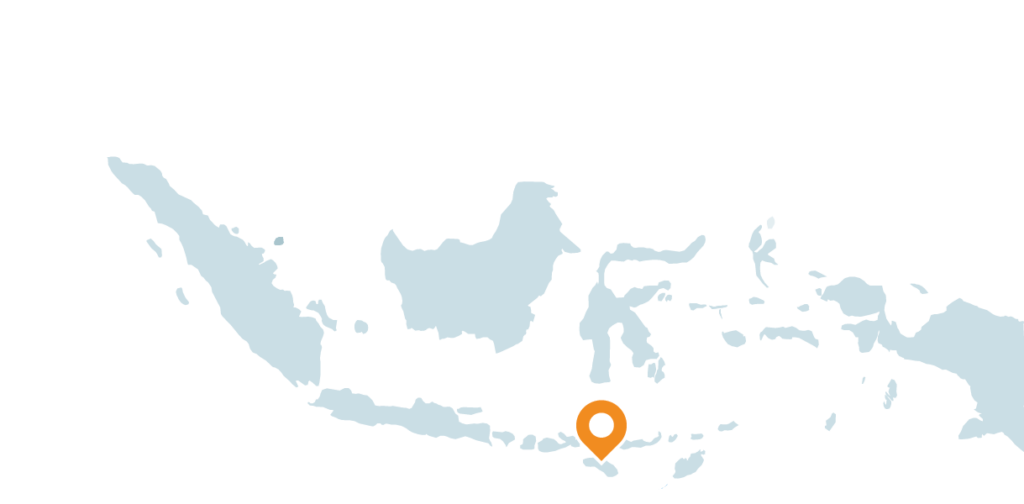Background
Years: 2016-2018
Sponsor: University of Notre Dame

Services Provided
- Verification of consistent compliance with the protocol, GCP guidelines and relevant regulatory requirements
- Early detection of potential challenges and the opportunity to correct issues and deliver appropriate refresher training
- Development of collaborative and cross-functional teamwork with the site management, site staff and Notre Dame investigators
During the site close-out visit in April 2018, the CRA ensured that all outstanding issues and data queries, particularly safety event reporting and follow-up, were resolved. The CRA conducted a full, final review of the essential documents and informed consent forms and reminded site staff of the record retention requirements for study documentation. Accountability of the remaining investigational product and other study supplies was documented, and instructions for disposition were provided.
—Nicole L. Achee, PhD Research Professor Department of Biological Sciences Eck Institute for Global Health University of Notre Dame
REFERENCES
1 Syafruddin D, Asih PBS, Rozi IE, et al. Efficacy of a Spatial Repellent for Control of Malaria in Indonesia: A Cluster-Randomized Controlled Trial [published online ahead of print, 2020 May 18]. Am J Trop Med Hyg. 2020;10.4269/ajtmh.19-0554.

